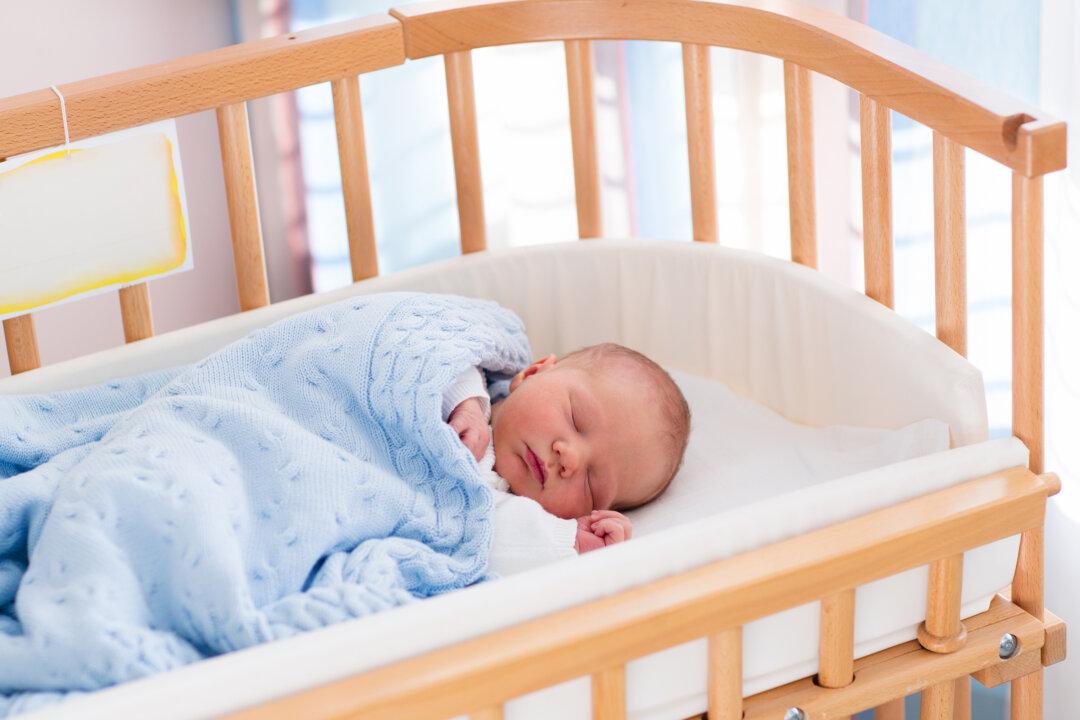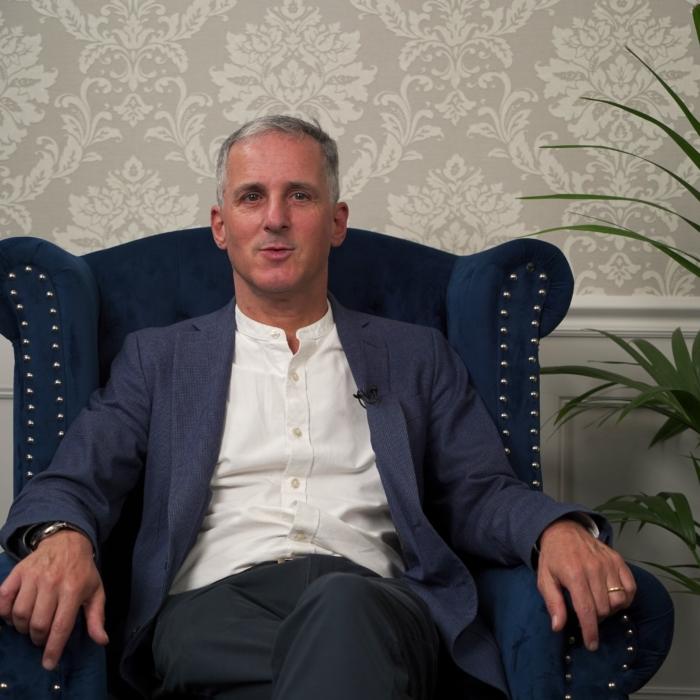More than one-third (36 percent) of 16- to 18-year-olds say they do not want children in the future, citing concerns including climate change and global instability, according to a survey.
Researchers from University College London (UCL) conducted an online survey of 931 year 12 and 13 pupils across 20 schools in England between May 10, 2021, and July 29, 2022, on matters relating to parental intentions and reproductive education.
Researchers identified five themes when respondents asked why they did not want to reproduce: global instability; negative associations with pregnancy and childbirth; being apprehensive over the prospect of parenthood; alternative routes to parenthood, namely adoption; and the opinion that children are an inconvenience.
“Students felt nervous about the present world situation as a result of capitalist societies, global warming, overpopulation, the cost-of-living crisis, the political climate, and the lack of women’s rights, promoting them to not want to have children,” the study said, quoting respondents as questioning the ethical implications of bringing children into an “unsafe,” “deteriorating,” “cruel,” and “dangerous” world.
Girls Fear Pregnancy and Childbirth
The study also noted that female pupils had concerns that pregnancy would cause “permanent damage to their body” and feared the effects that childbirth would have on their mental health, with one girl calling the process of childbirth “terrifying.” Some youths said they would adopt children in order to avoid the mental and physical stresses of pregnancy.“Students also expressed never feeling the need to have children and stated that children can be ‘very annoying,’ ‘inconvenient,’ and ‘loud.’ Some students said that they would rather have a pet instead of having children,” the report said.
While the majority, 64 percent, said they wanted children in the future, nearly half (45 percent) of those said they were worried about the prospect, with girls substantially more likely than boys to say they had concerns.
Teens Ill-Informed About Fertility
Senior author Professor Joyce Harper, from the UCL EGA Institute for Women’s Health, said: “Sadly, a number of female students expressed a lack of interest in future parenthood due to their fears about pregnancy and childbirth.“Shortcomings in fertility education in schools also meant that students were left feeling both ill-informed and negative towards their own fertility and ability to have children.”
The government made relationships, sex, and health education (RSHE) compulsory in secondary schools in England from Sept. 2020.
“We are also currently considering a recommendation from the Women and Equalities Select Committee to make RSHE compulsory for young people in post-16 settings.”







